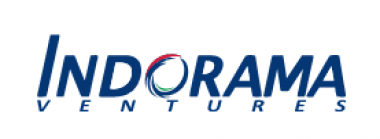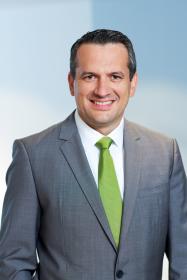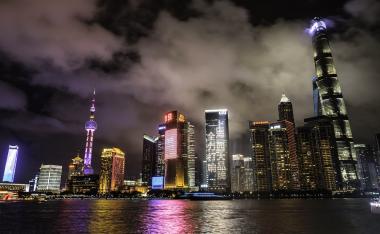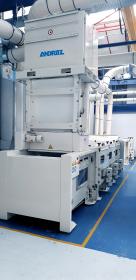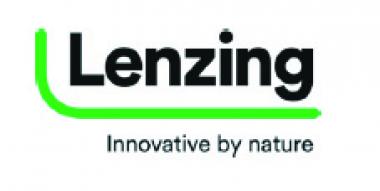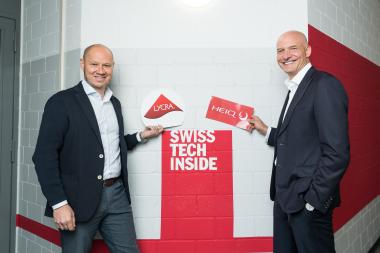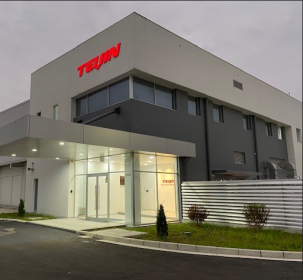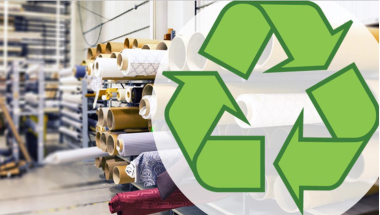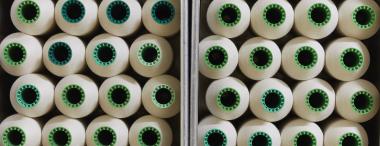Indorama Ventures: Record Core EBITDA in second quarter
- Forecasts continued growth as global markets recover from pandemic
Indorama Ventures Public Company Limited (IVL), a global chemical producer, announced its second quarter 2021 financial results, reporting a record Core EBITDA of US$477 million as major economies recovered from the COVID-19 pandemic and drove demand for products across IVL’s businesses. IVL is forecasting similar strong growth in the second half of 2021 and in 2022 as global vaccination programs spur positive sentiment.
2Q2021 Performance Summary:
- Consolidated Revenue of US $3,559M, an increase of 10% QoQ and up 52% YoY
- EBITDA of US$ 552M and Core EBITDA of US$ 477M
- Net profit of THB 8,340M, a growth of 39% QoQ, and compared to THB 154M a year earlier
- Core ROCE of 12.9%, up 443 basis points (bps) QoQ and up 715 bps YoY
- Project Olympus, the company’s cost saving and business transformation project, yielded US$ 116M in efficiency gains in 1H21, on track to our 2021 target of US$ 287M
- Acquisition of CarbonLite’s recycled PET asset in USA, making IVL the largest global producer of rPET resin
IVL delivered standout results in 2Q21 and a record Core EBITDA of US$477 million, bolstered by their global franchise, scale and leadership across three business segments. The record quarterly results include solid performance across regions. Americas and EMEA yielded a record, performing 59% higher Core EBITDA in 1H21 as compared to 1H20, while Asia grew by 15%.
The remainder of 2021 is expected to parallel the first half on the back of continued strong demand in IVL's products from opening of travel with widespread vaccination and immunity.
Indorama Ventures


